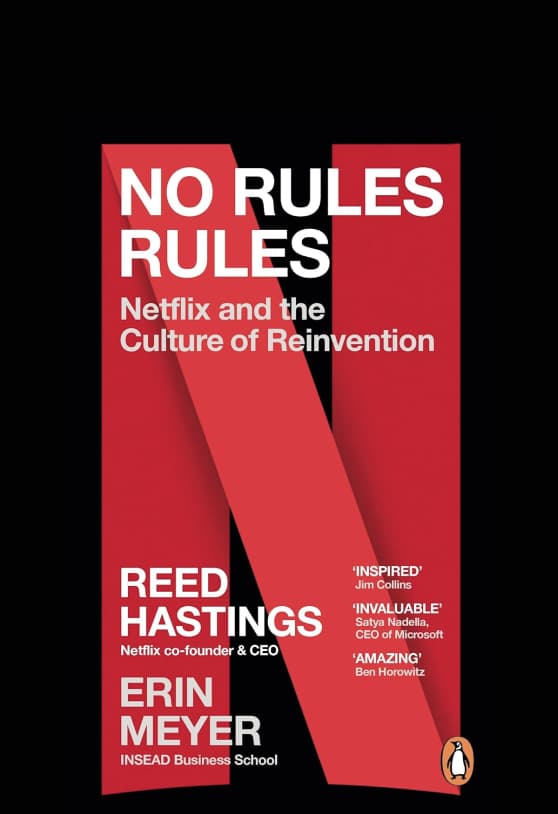Influence Robert B. Cialdini

GET THE #1 EMAIL FOR EXECUTIVES
Subscribe to get the weekly email newsletter loved by 1000+ executives. It's FREE!
Key Insights from "Influence: The Psychology of Persuasion" by Robert B. Cialdini
-
Reasons and Favor:
"A well-known principle of human behavior says that when we ask someone to do us a favor we will be more successful if we provide a reason. People simply like to have reasons for what they do."
This highlights the importance of giving reasons to increase compliance and influence. -
Value of Difficulties:
"Persons who go through a great deal of trouble or pain to attain something tend to value it more highly than persons who attain the same thing with a minimum of effort."
This reflects on the perceived value of our achievements and how effort impacts our appreciation. -
Loss Aversion:
"People seem to be more motivated by the thought of losing something than by the thought of gaining something of equal value."
Cialdini points out our natural tendency to avoid losses, a principle widely utilized in marketing and negotiations. -
Impact of Repetition:
"Often we don’t realize that our attitude toward something has been influenced by the number of times we have been exposed to it in the past."
This underlines the effect of familiarity and exposure in shaping our preferences and decisions. -
Dislike for Bearers of Bad News:
"There is a natural human tendency to dislike a person who brings us unpleasant information, even when that person did not cause the bad news."
This shows how association can negatively affect our judgment of others. -
Exaggeration in Negotiations:
"The truly gifted negotiator, then, is one whose initial position is exaggerated enough to allow for a series of concessions that will yield a desirable final offer from the opponent, yet is not so outlandish as to be seen as illegitimate from the start."
This strategy involves setting the stage for negotiations to arrive at a favorable outcome through planned concessions. -
Social Proof:
"Since 95 percent of the people are imitators and only 5 percent initiators, people are persuaded more by the actions of others than by any proof we can offer."
This emphasizes the power of social proof in persuasion. -
Power of 'Because':
"Excuse me, I have five pages. May I use the Xerox machine because I have to make some copies? The result was that once again nearly all (93 percent) agreed, even though no real reason, no new information, was added to justify their compliance."
Thi



























